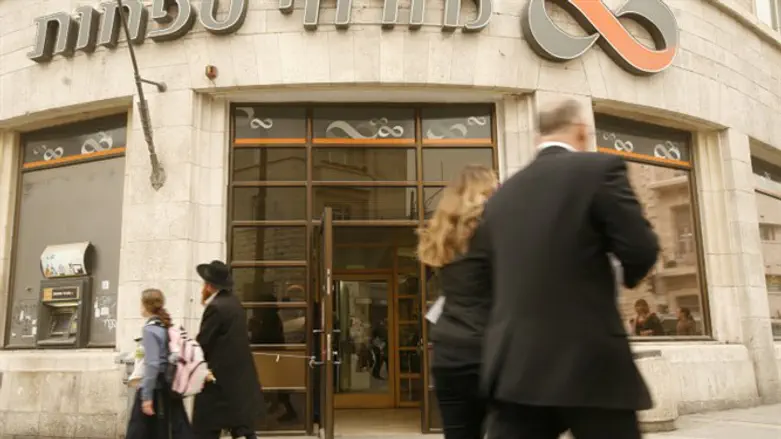
We read in Exodus (22:24)’When you lend money to My people, to the poor person who is with you, do not act towards him as a creditor, do not lay interest upon him’.
Our sages (Mechilta) teach, that whilst it is written in ‘permissive’ language- ‘when you lend’- it is, in fact, a מצות עשה:a positive commandment.
Rashi expounds the words:’the poor person who is with you’, homiletically, as:’Look at yourself, as if you are the poor person’.
Rav Matityahu Solomon sees in Rashi’s commentary, a requirement, that when approached by a poor person for a loan, we are to contemplate how we would like to be treated were we compelled, by our circumstances, to seek a loan; with what words, and in what tone, would we like to be answered, so as not to feel humiliated or ashamed- and, in that very same manner as we would like to be treated, so are we to respond to the poor person approaching us for a loan.
The Ktav Sofer derives a ‘related’ teaching, from the words the poor person who is ‘with you’: The most important element is the manner in which the loan is given, that it should be with a smiling countenance, AND that the seeker should be ‘with you’; not that the loan is sent to him, by your son, or wife, or servant, whilst he is kept waiting, outside your door.
How well these comments are aligned with the famous advice of the sage Hillel to the person who sought to be converted to Judaism, ‘whilst standing on one leg’(Shabbat 31.):’That which is hateful to you, do not do to another; that is the entire Torah, and the rest is interpretation’.
Let us ‘crown’ these teachings, with Rav Shimshon Raphael Hirsch's beautiful exposition of the importance of this mitzvah:It is הסלע האיתן:the mighty rock, on which Jewish society is founded, and is one of the greatest mitzvot; through its observance, we express our subservience to Hashem, by הקרבת קרבנות:proferring an offering to Hashem, in our daily lives.
Like Shabbat, shmittah and yovel, it is testimony to Hashem’s rule over the world, and over us, as it exhibits in our communal life, our acknowledgement that all we have, we received from Hashem, to be used solely in accordance with His commandments.
He concludes: Even more than the offering of קרבנות in the בית המקדש, this mitzvah reveals Hashem’s Kingship, in the world!
